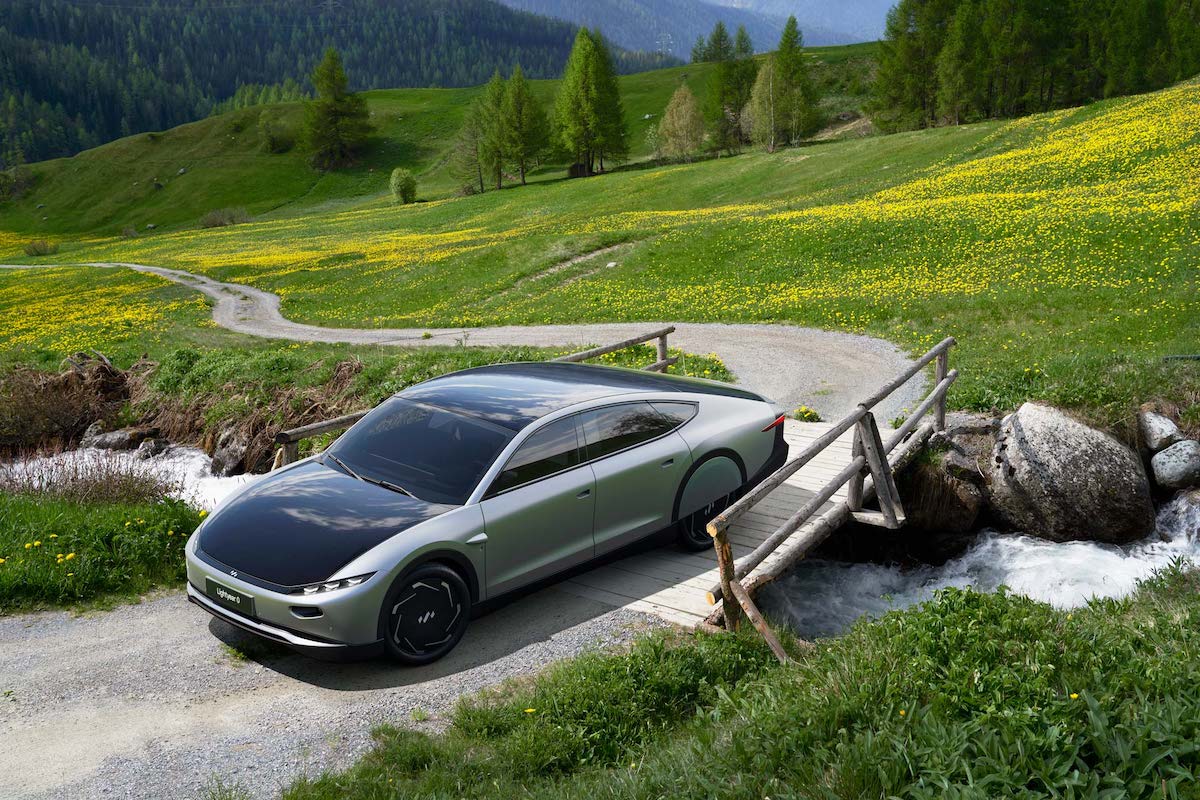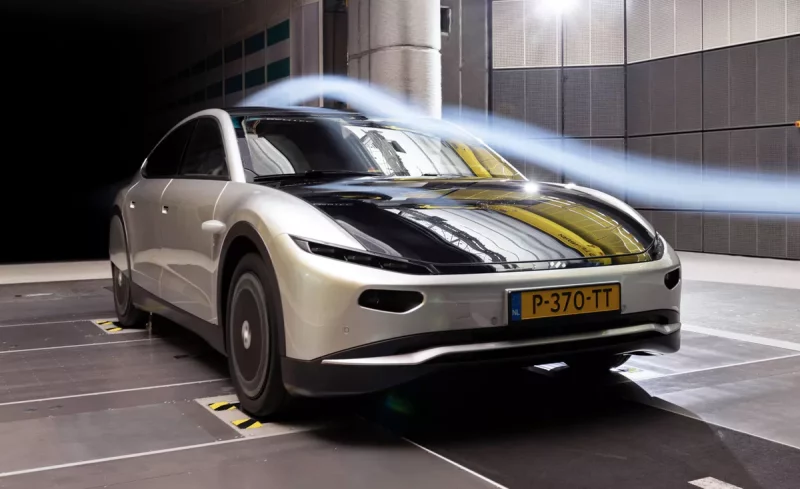Dutch solar electric vehicle company Lightyear has announced that it is halting production on its flagship Lightyear 0 model to refocus on its more affordable Lightyear 2 model.
Production on the “0” model, which costs €250,000 ($A387,000), started just 3 months ago. However, the company has decided to change its strategy to focus purely on producing its Lightyear 2 model which has a target starting price of €40,000 ($A61,900).

The company claims that the Lightyear 2, which has an integrated layer of solar cells in the roof, bonnet and hatch, will be able to drive up to 800km with out charging. For short and medium trips, the company says that the Lightyear 2 could even sustain itself without charging at all – provided it’s parked in the sun.
Focusing on a new strategy
The approach of starting with a low volume expensive car and gradually moving to a high volume cheaper car is a similar strategy to that used by Tesla with its “Master Plan”. However, it appears that Lightyear will now be attempting to skip the first step.
The company says the decision was not taken lightly and that it would impact employees, who work day in day out to make solar mobility a reality, alongside investors, clients, suppliers and the government.
“Unfortunately we had to make this decision,” said CEO and co-founder Lex Hoefsloot.
“The whole process of developing Lightyear 0 has provided our company many valuable learnings over the past years. We are now redirecting all our energy towards building Lightyear 2 in order to make it available to clients on schedule.
“Recently, we launched a waitlist for Lightyear 2 resulting in more than 40,000 subscriptions of individual customers and we already had approximately 20,000 pre-orders from fleet owners. We hope to conclude some key investments in the coming weeks in order to scale up to Lightyear 2, an affordable solar electric vehicle available for a wider audience.”

Daniel Bleakley is a clean technology researcher and advocate with a background in engineering and business. He has a strong interest in electric vehicles, renewable energy, manufacturing and public policy.

